Japan has some of the best rates of returned wallets in the world. That said, nowhere is 100% safe. I’ve had great luck here but it’s not always a bed of roses. Early in 2020, I had my wallet stolen, at least, that’s what I suspect. Read on and judge for yourself.
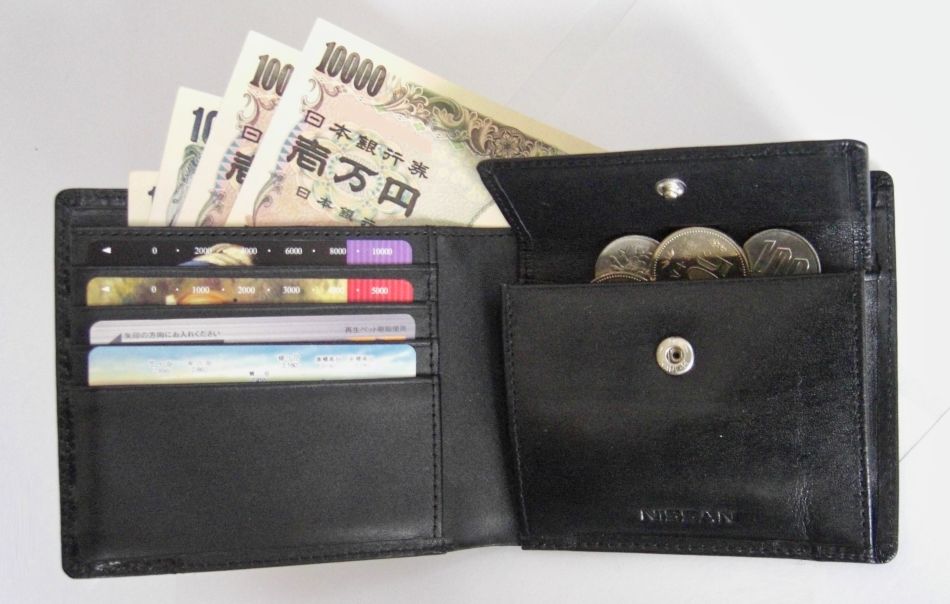
Leading up
I’d had a busy week of teaching English and was on my way home for the weekend. I decided to get my wife a treat, some Swedish blueberry jam from Jupiter, a foreign goods store near where I work. In my haste and juggling of goods, I put my wallet in my left side coat pocket and didn’t zip it up.
My wife was delighted with the gift, but the next morning as we prepared to head out for errands I could not find my wallet. A thorough search of our small apartment proved it missing. I knew I’d had it on the trip home so there were scant places I could have dropped it.
This is an especially big deal for me here in Japan. I need to carry my passport with me for ID purposes as well as my Japanese residence card. I also had a number of credit cards, my bank cash card, and around $150 in Japanese currency. Cash is still king here so I often have a fair bit on me.
The cash is disappointing, the credit cards annoying, but the passport and residence card is a huge hassle to replace. They would cost me both a lot of time and a fair bit of money to sort out. In the meantime, I’d have no way to prove I am allowed in the country. I’ve never been asked for my ID on the street but it’s not a good situation.
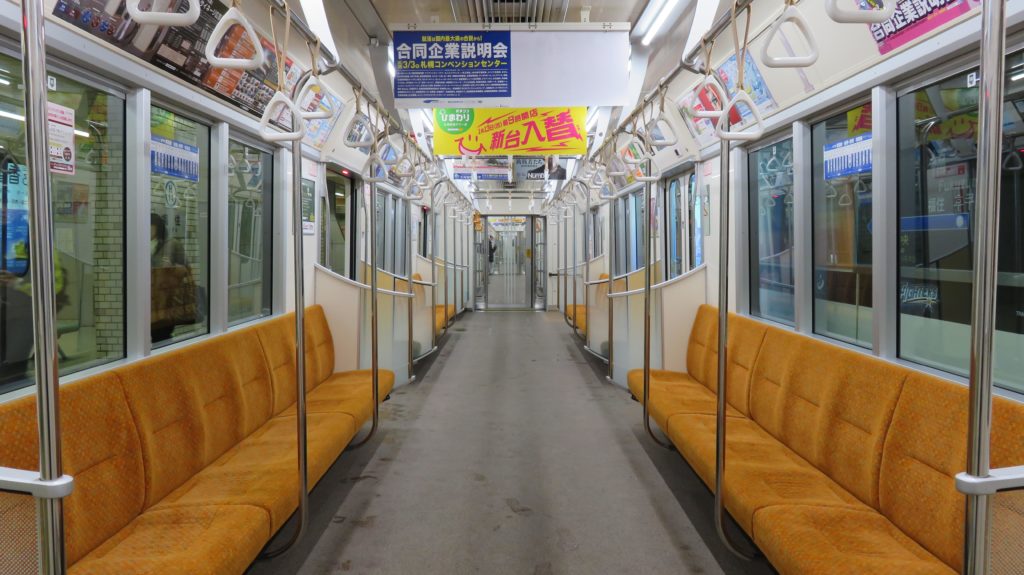
High Hopes
Just the week prior I’d read an article about how common it was to get a wallet back in Japan having lost one. Apparently the rate of return is around 64% or higher, usually without so much as a yen missing. Japanese are trained from an early age to return found property. Kids finding a few coins will take them to the local police stations to report it missing. The police fill out missing property forms even for a few yen. It may seem like a waste of time but it builds social trust and honest behavior.
The Plan
My plan was to retrace my steps and check with the various places it could be turned in as we went. First up was the walk to the train station. We stopped at the local Koban (a tiny police station you can find everywhere in the cities). The officer was out on patrol so we moved on.
Next up was the local train station. After a bit of work with our portable electronic translator, we struck out. It had not come in at this station. The attendant gave us a number to call later in the evening to see if it made its way to the central lost and found.
From there we made our way 3 stops to where I get on the train from work. I work in a big mall/office tower complex with two train stations. Fortunately, I only move through a small part of this complex on my way home from work so there weren’t too many places to search.
I checked both with the officials at this station and got the same result as the first, no wallet. Next, I headed to my best hope, the store where I bought the blueberry jam. They seemed pretty excited about my query. That gave me some hope, but it turns out their excitement was only that one of the cashiers knew what to do with me, not that they had my wallet. They led me to the mall’s help desk where I repeated my query again.
Again, no wallet. Things were looking pretty grim at this point. I could check all the other mall info desks. This place is like a mall made of different malls each with its own lost and found. But it seemed unlikely anyone would go wandering that far afield with my wallet. I was ready to give up and wait to call the central transit lost and found in the evening.
Anne persuaded me instead to go to the Koban at the mall. It was out of the way so I doubted they’d have it, but Anne was set on the idea and asked me to, “please just do it.” Without any truly good argument against the idea other than me being disheartened and tired, I agreed.
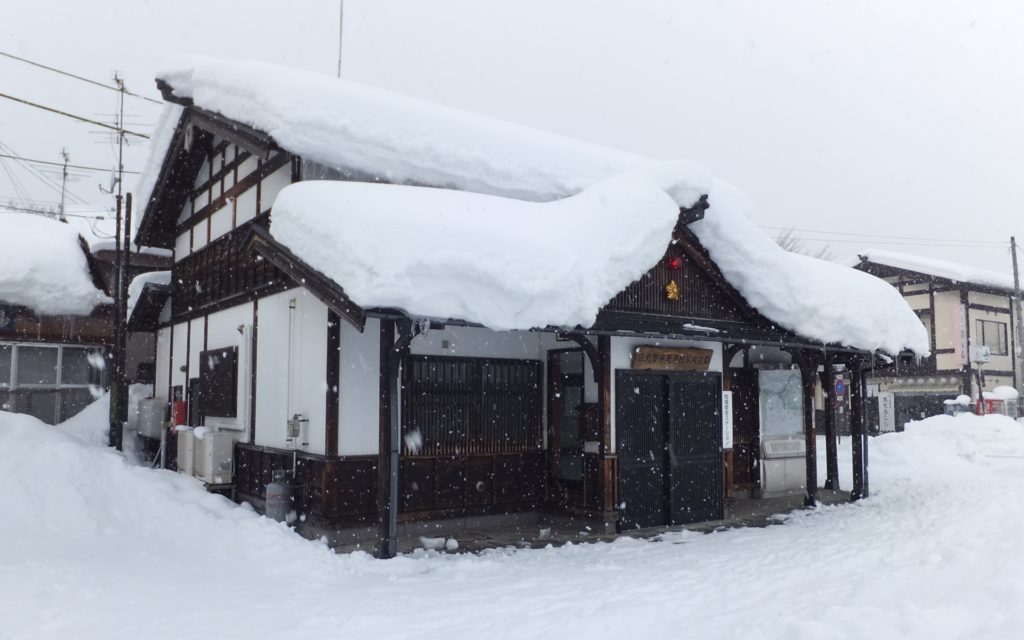
The Friendly Japanese Koban
I’ve got a ton of respect for the police in Japan. I think American cities could learn a lot from the way they operate. I’m never worried about talking to the police here and they are almost always polite and super helpful. Their mission isn’t just to enforce the law but to help the public. You can even get a loan from them if you need it to get home.
At any rate, I went in, and between their limited English and my translation device, we got going on reporting my wallet missing. They didn’t have it at their Koban but if any station found it, then they’d be able to find out by inputting my info in their system. I didn’t have high hopes, but it seemed the prudent thing to do.
Lo and behold, they got a match! My wallet was recovered in a neighborhood halfway between home and work. After a bit more paperwork I could go pick it up at their central station, just a short walk from the mall area. The bad news, it was empty of cash. The good news, everything else was in there including my passport.
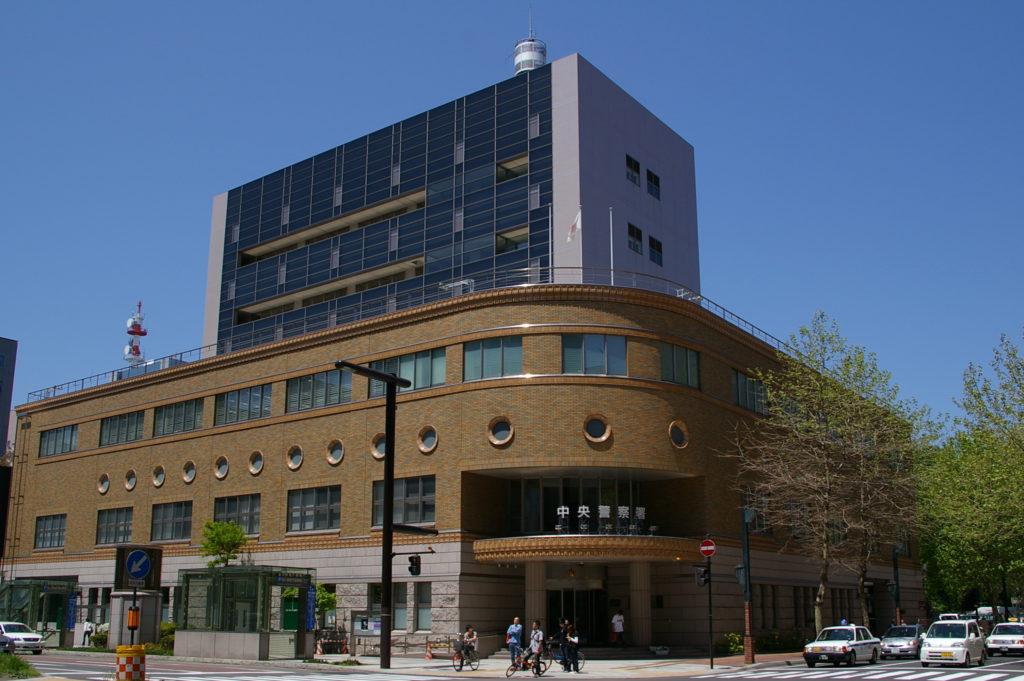
Why I think it was stolen
We headed over to the Chuo station to recover the wallet. A policewoman came out who spoke a fair bit of English to go over the contents with us. I was able to verify everything was there but for the cash. She explained that it was recovered from the bathroom of a convenience store. It had been stripped of its cash and left on the back of the toilet tank.
It was found by the staff at the store and turned into the police. The store was not in the train station but was a couple of blocks away out on the main drag of the commercial district. The convenience stores generally don’t secure their bathrooms, and unlike the train station ones, they are single-person rooms so you can have some privacy to say, go through a wallet.
I’m not an expert on such matters, but this MO smacks of a pickpocket or a semi-professional. It’s still possible it simply fell out of my pocket and was recovered by someone less than scrupulous. None the less, pickpockets are not unheard of in Japan and my wallet would have been really easy to pick. Regardless, the person who ended up with it wasn’t very helpful.
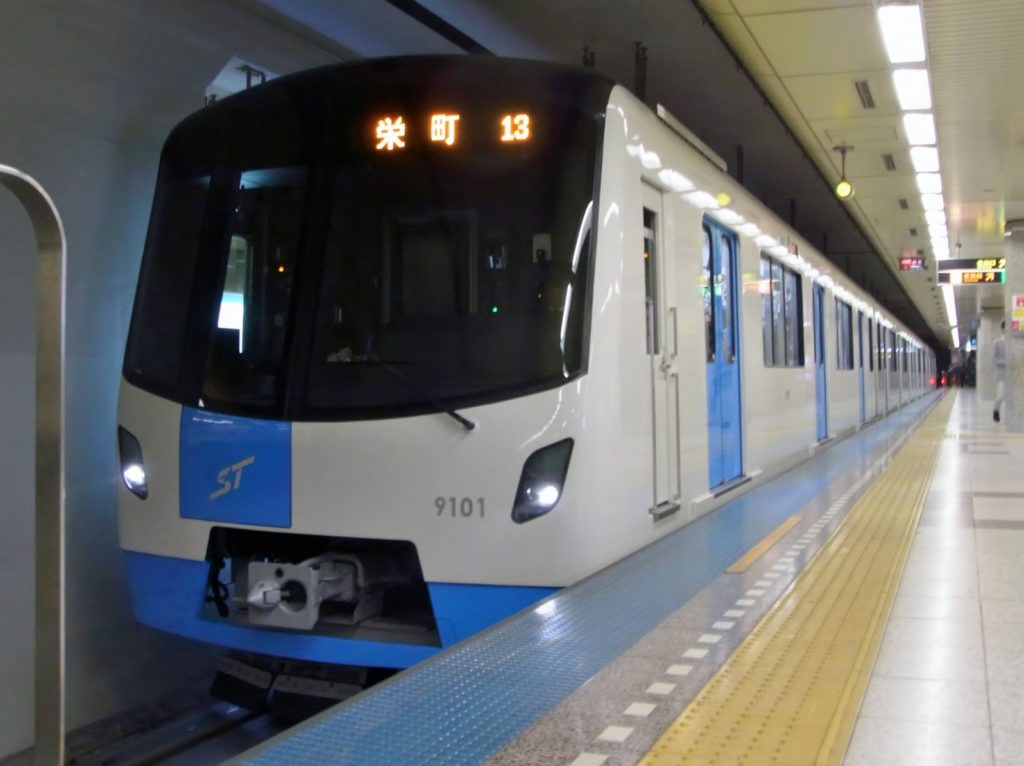
All’s Well that Ends Well
It was a great relief to get my wallet back, especially to get my passport and residence card. Not only that, but it took a total of about two hours from when I discovered it missing to it being back in my hands. That’s pretty astounding all said and done. Losing a day’s wages is a lot less than fun, but I think I got off lightly here.
I’ll be significantly more cautions with my wallet from now on. It’s a good reminder for me as we consider moving on from Japan to Europe. I’ll be keeping my wallet somewhere much harder to get to and taking some extra precautions with my passport especially. I’m supposed to keep it with me, but I think I’ll keep it at home anyway and offer an excuse if anyone actually asks for it. Ultimately, I think that’s the safer bet.
I want to offer a final thanks to the police here for being helpful and efficient. They seemed genuinely sad and embarrassed that I didn’t get my cash. As far as I’m concerned, their diligence in everyday paperwork made my life a lot easier. If you are ever in Japan, don’t be afraid to ask them for help.

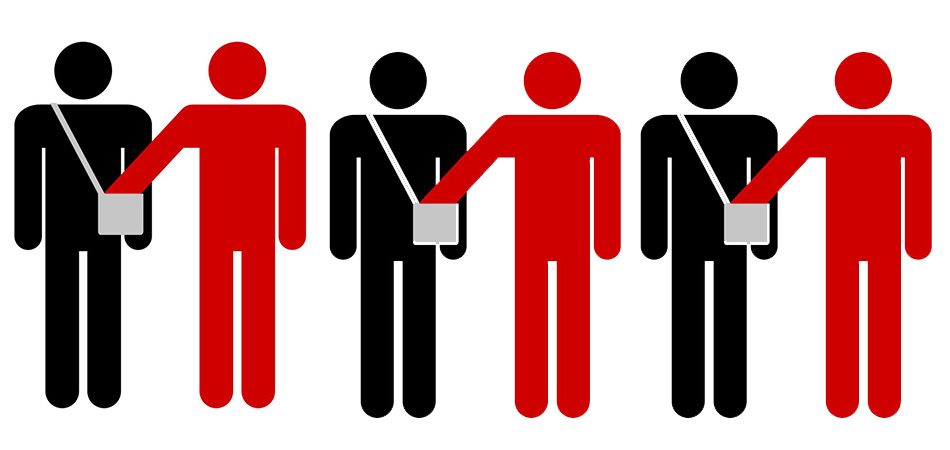

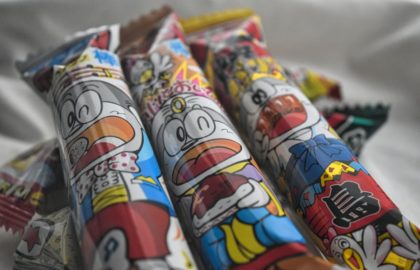



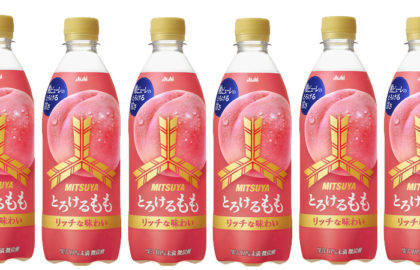
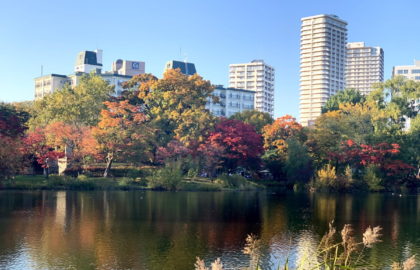
6 Comments
You need a hidden zippered pouch/pocket. It slides onto your belt and then it tucks inside of your pants. That is where I carry important documents to keep them out of the hands of pickpockets and also where I carry larger amounts of cash and credit cards. The items in my pocket are just enough cash for what I might need to purchase such as lunch and also for tickets for bus, train, etc. In the winter you should consider buying a jacket with a zippered inside pocket or even add one to your regular coat.
You had a very uneasy time!!!
Let me notify just in case.
There is no legal obligation to carry your passport at all times as long as you are carrying your residence card with you.
However, the converse does not hold.
Passports cannot be a substitute for residence cards on streets in Japan.
So be sure to carry your residence card.
Let me ask you a question.
What is the meaning of “MO smacks”?
Thanks for explaining that! I think the instruction I got about passports before was meant for tourists.
Good question! 🙂
MO is an acronym for Modus Operandi it is Latin. The meaning in English is “the Mode of operation” which means the way we normally do something. In the US the police (especially on TV) talk about a criminal’s MO, aka how they do their crimes.
Smacks here means, “to taste like” or “makes you think about an idea”. The common phrase for it is… “It smacks of…(the thing it makes you think about).”
So “The MO smacks of a pickpocket,” means, the way this the wallet was found seems consistent with the way a thief might perform their crime, but I don’t know for sure.
I’m pretty sure I learned this phrase from watching Police dramas on TV.
Thank you very much.
I fully understand the meaning of the sentence.
Enjoy your stay in Japan.
So my wallet just got stolen in Sapporo station this evening. 😂 I just arrived in Japan through CTS, so what a way to start this trip. 😅 I came across your article while searching for similar incidents just out of curiosity. I fortunately did not have cash nor my passports in it, but all my cards were. 🤦🏻♀️ I was at the Chuo Police Station, and they filed me a missing property report. I was not hopeful because I know for sure it was stolen (I found my bag suddenly zipped open with my wallet missing just as I was about to enter the train at the platform; only a few minutes from stepping out of the elevator where my bag was zipped close on top of my luggage). I thought since it was stolen and not lost, there is no way it’ll end up being returned, but then I found this article of yours and now I have some hope. 🥲 thanks for sharing your story.
I’m glad it was of some comfort, here’s hoping yours finds its way back to you!